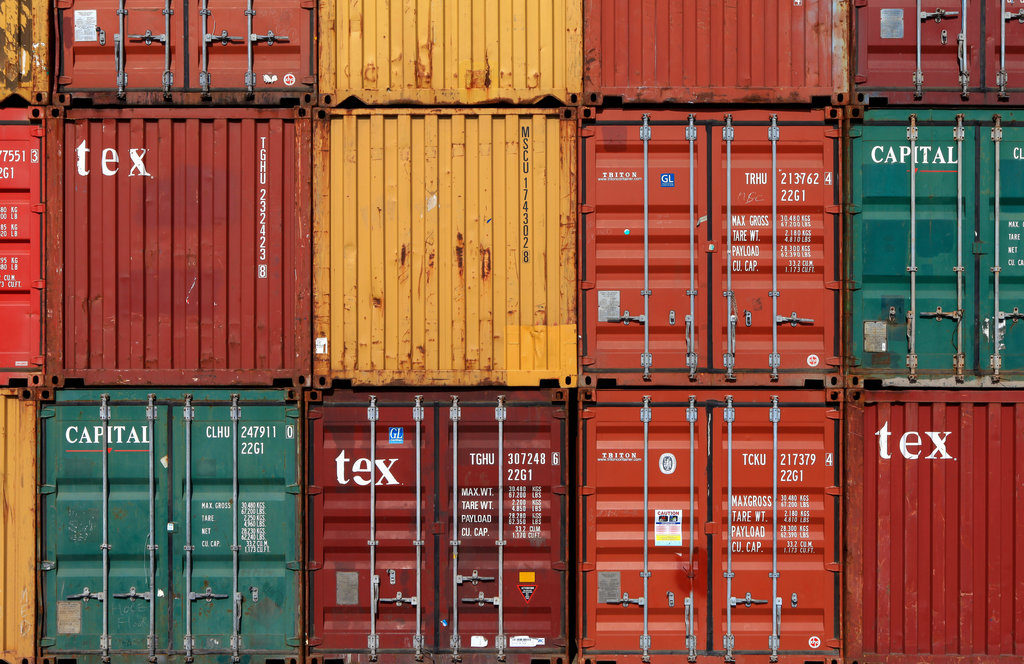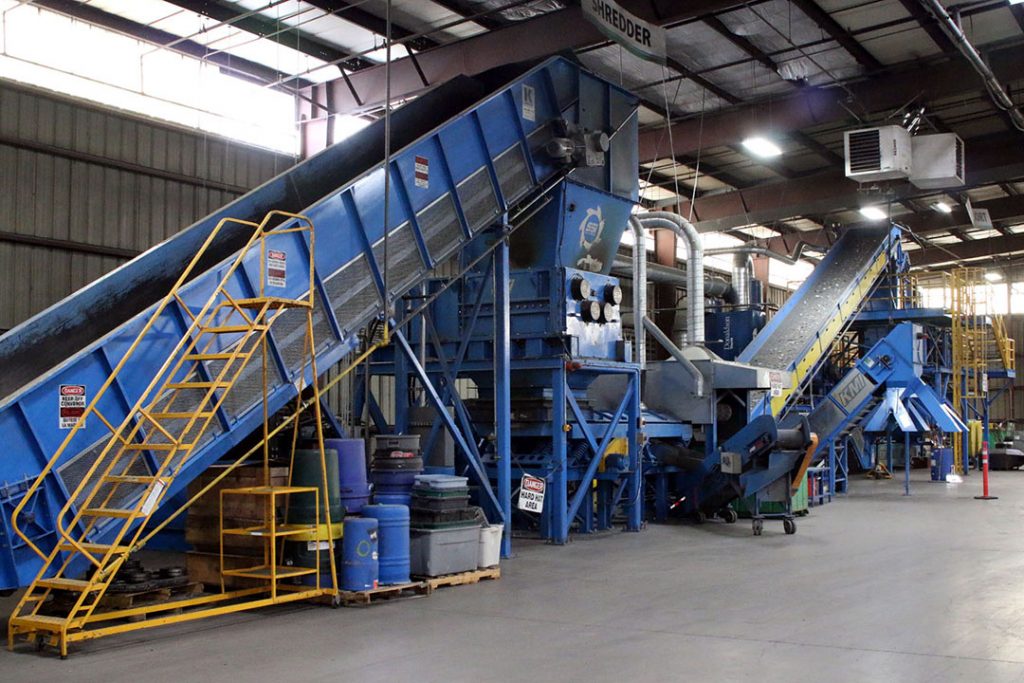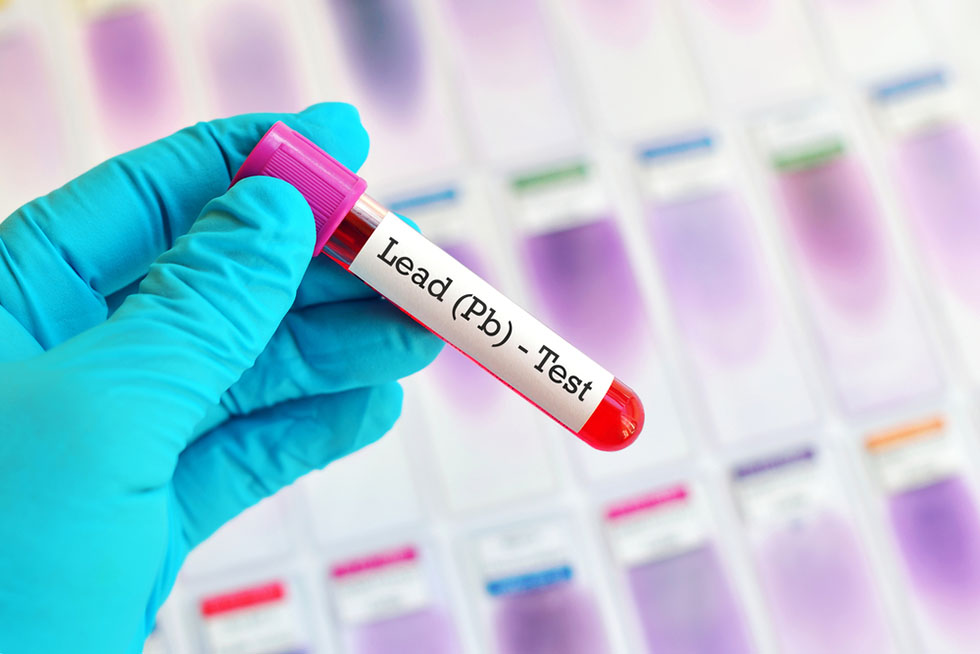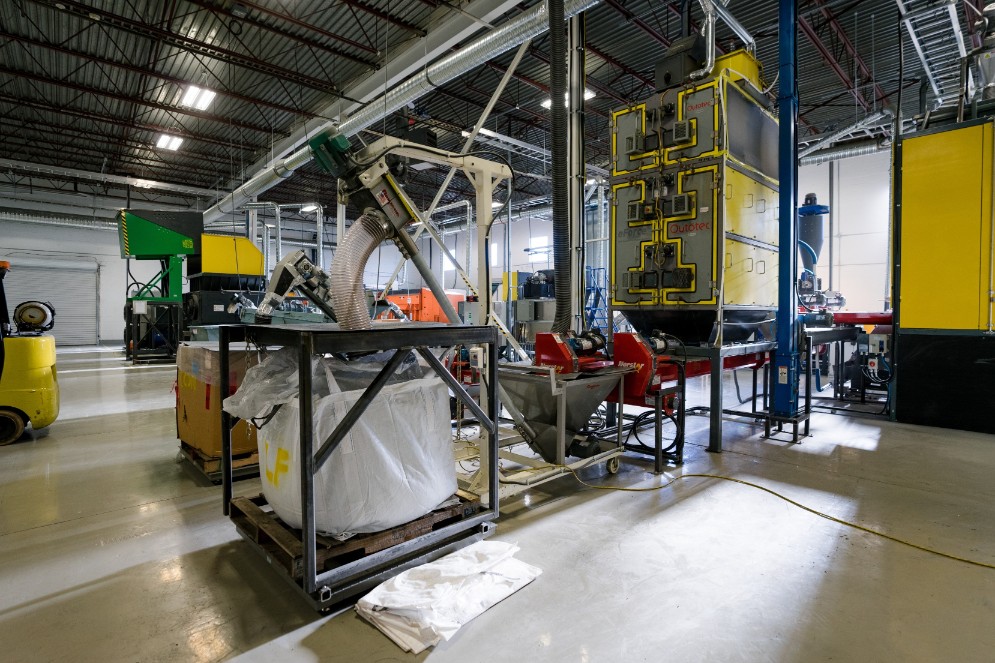
EnviroLeach has been developing a non-toxic hydrometallurgical metals leaching method for several years. | Courtesy of Enviroleach.
Circuit board processor EnviroLeach is gearing up to bring its Canadian facility to commercial-scale capacity in the next two months. The company recently raised significant capital to help in that effort.


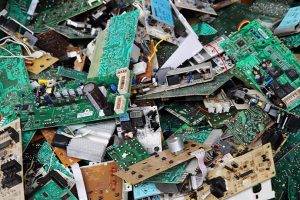 Japan’s Mitsubishi Materials is planning to invest over $100 million to boost its global e-scrap processing footprint.
Japan’s Mitsubishi Materials is planning to invest over $100 million to boost its global e-scrap processing footprint.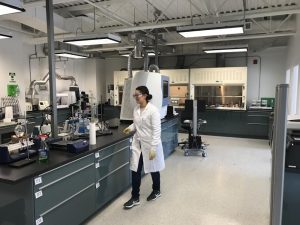 Canada-based EnviroLeach is planning to open a processing facility that will use a non-toxic water-based formula to recover precious metals.
Canada-based EnviroLeach is planning to open a processing facility that will use a non-toxic water-based formula to recover precious metals.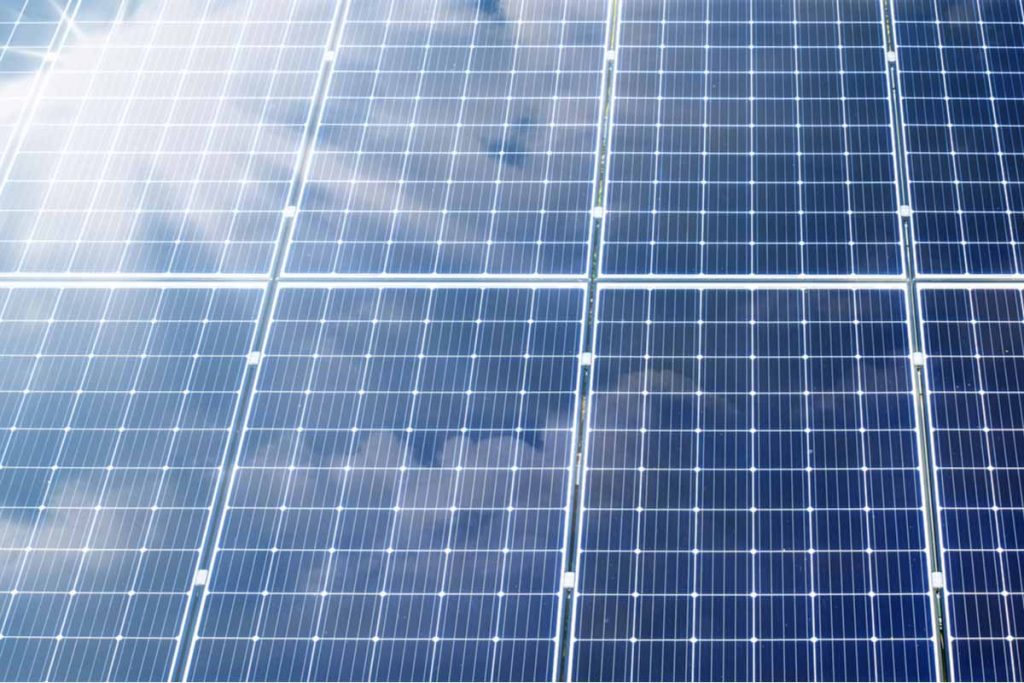
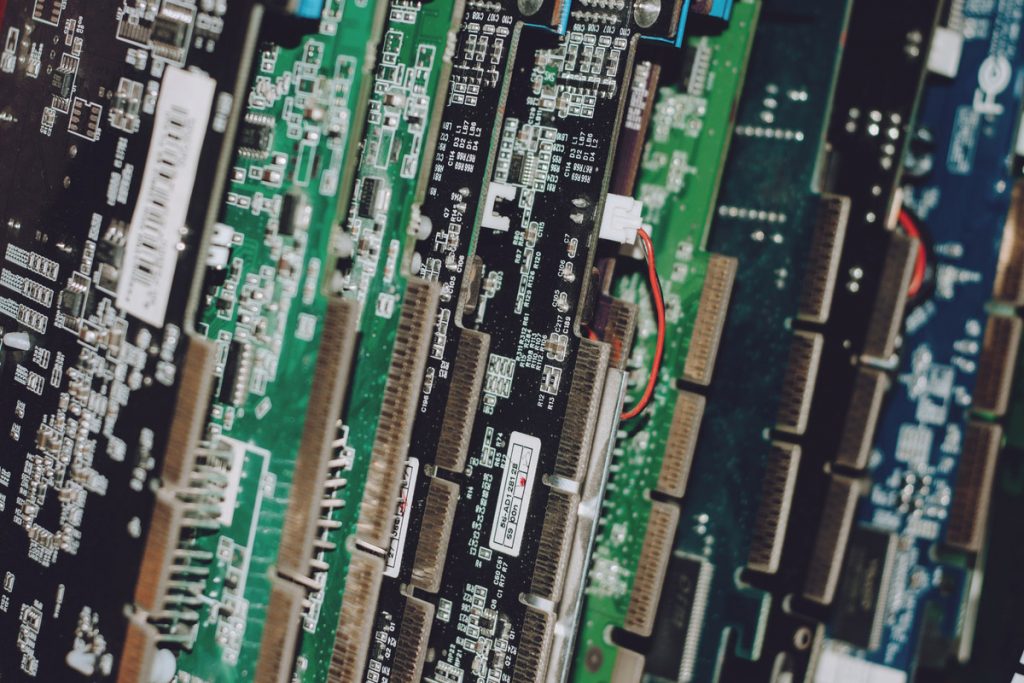
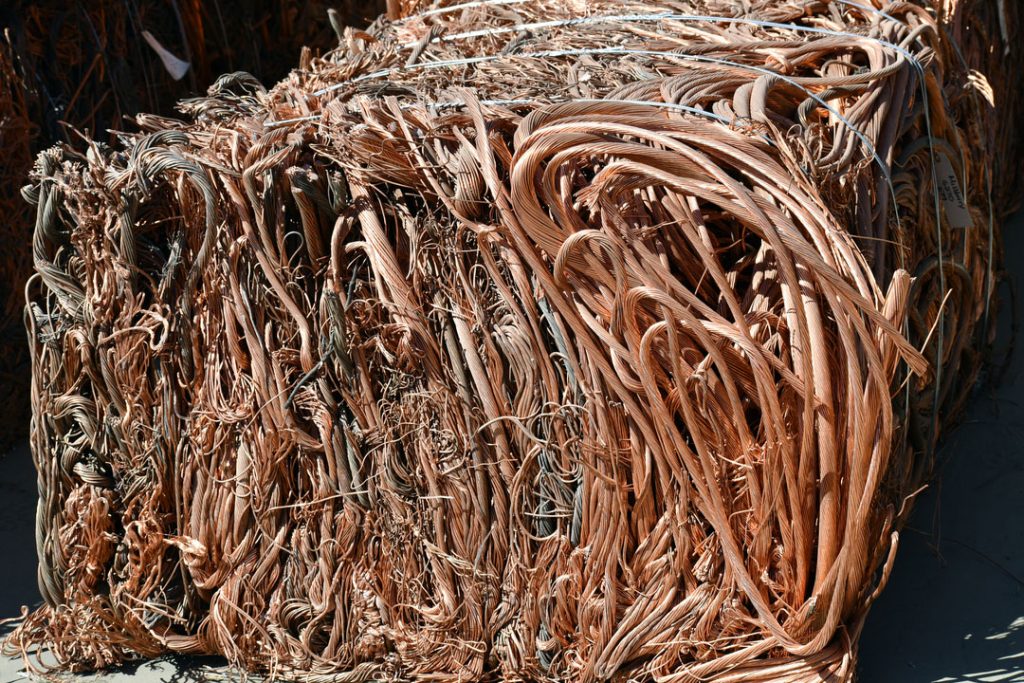
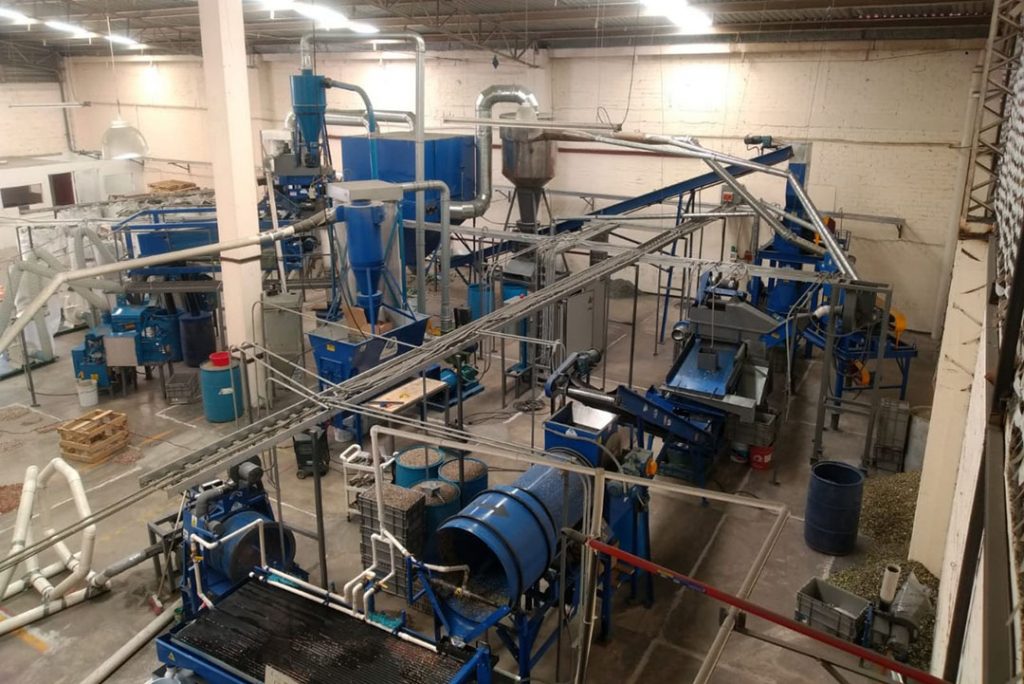 The PCB Scrap Recovery system is designed specifically to process low-grade circuit boards. | Courtesy of PCB Scrap Recovery.
The PCB Scrap Recovery system is designed specifically to process low-grade circuit boards. | Courtesy of PCB Scrap Recovery.